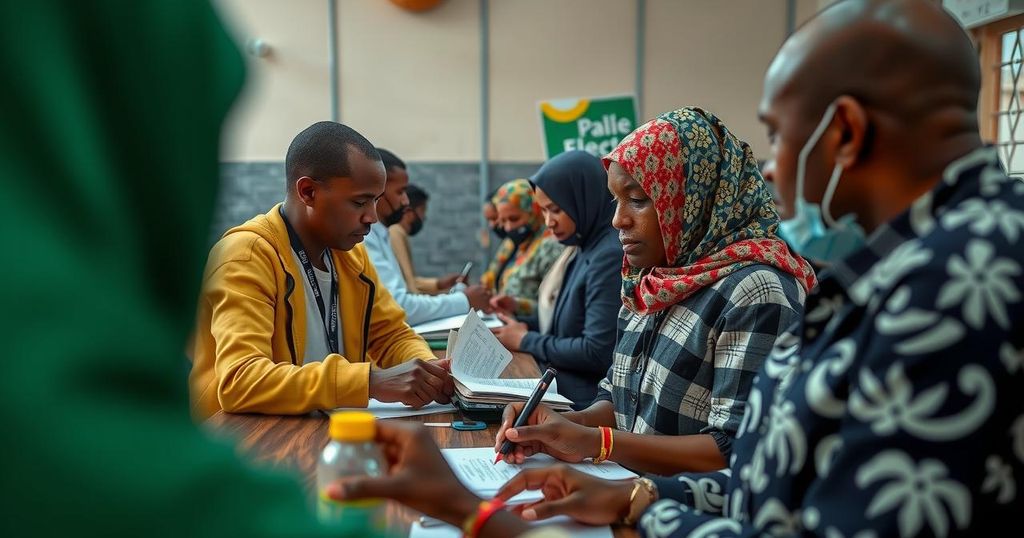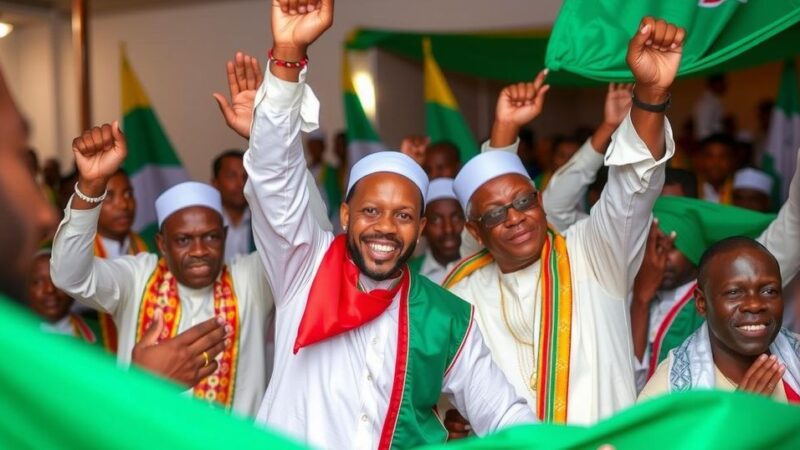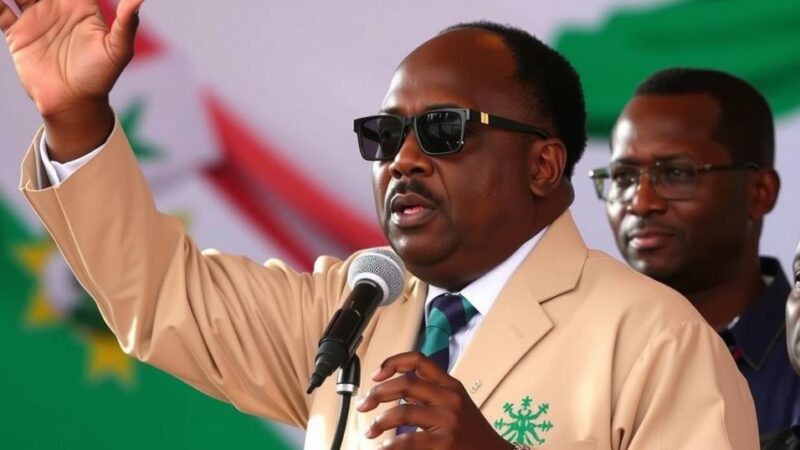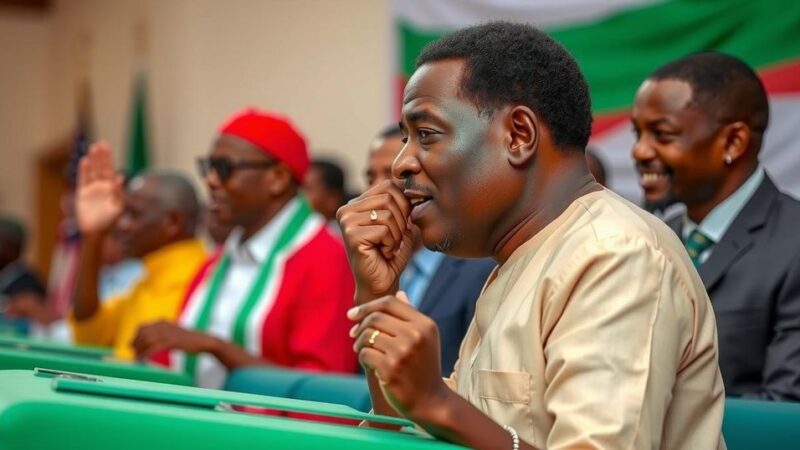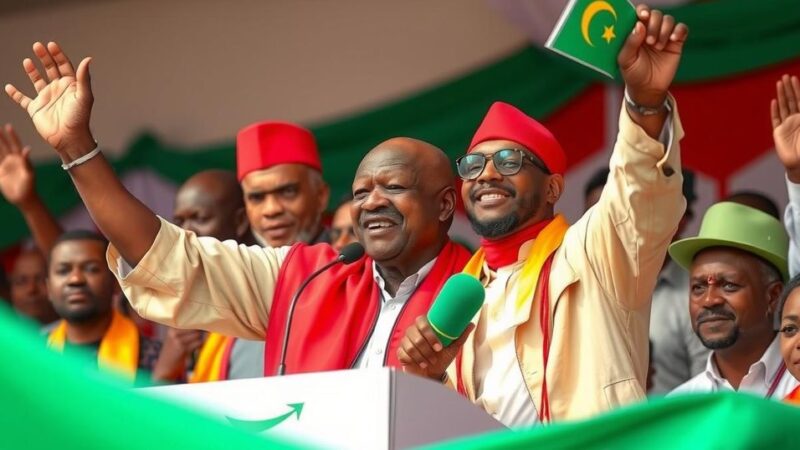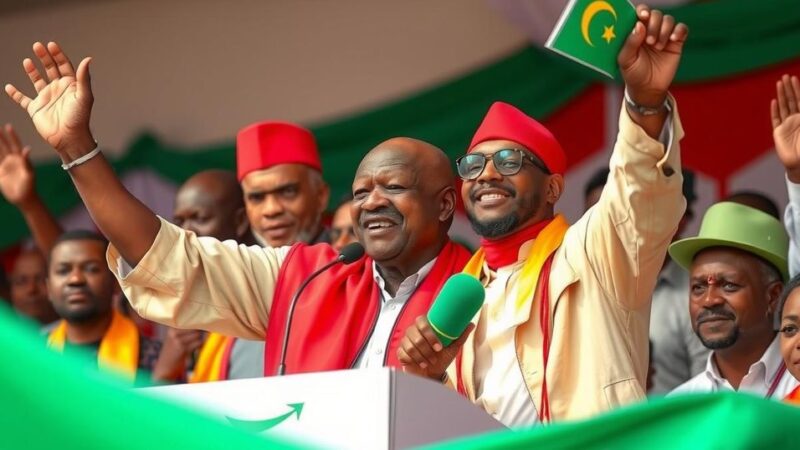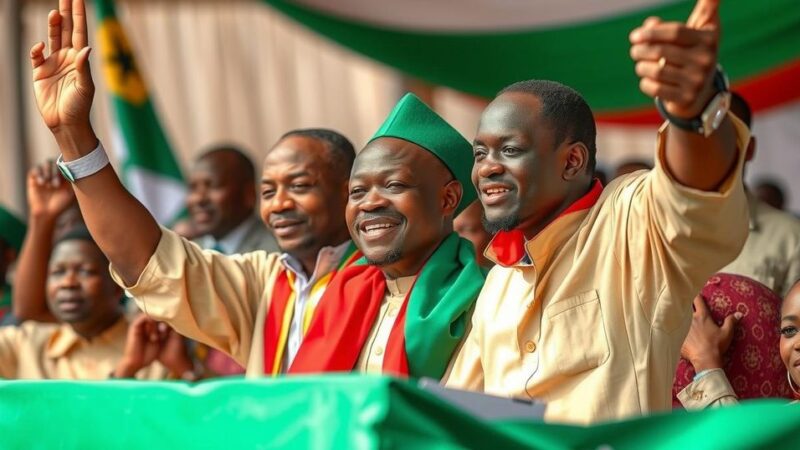Somaliland has successfully conducted presidential elections, with over 1 million voters participating without incidents. Vote counting is in progress, and results are expected by November 21. The elections feature three candidates aiming to enhance democracy and economic growth amidst tensions with Somalia and Ethiopia.
Voting has concluded in Somaliland following presidential elections marked by a calm atmosphere. The Somaliland National Electoral Commission (NEC) reported that polling stations closed at 6 p.m. local time, with over 1 million registered voters participating at approximately 2,000 polling sites. Vote counting commenced shortly thereafter, and Chairman Muse Hassan Yusuf assured the public of a transparent process. He stated, “It will start from polling centers’ level, then passes to district, and the regional before we announce the result,” and confirmed that minor technical issues were resolved. The official election results are anticipated by November 21. The head of Somaliland Police Force, General Mohamed Adan Saqadhi, emphasized the peaceful conduct of the election. “Thanks to Allah, the election took place democratically and peacefully. No incident was reported,” he remarked. Three candidates were on the ballot: incumbent President Muse Bihi Abdi, Abdirahman Mohamed Abdullahi of the Waddani party, and Faisal Ali Warabe of the Justice and Development Party. They expressed their commitment to enhancing democracy, fostering economic development, and pursuing international recognition for Somaliland, which has been unrecognized for 33 years. This election marks the fourth presidential contest in Somaliland since its declaration of independence from Somalia in 1991. Notably, the election occurred amidst heightened tensions between Somalia and Ethiopia over a controversial agreement involving Somaliland’s coastline access, which Somalia perceives as a breach of its sovereignty. Despite these challenges, Somaliland operates its own government, currency, and armed forces, maintaining a degree of stability absent in other parts of Somalia.
Somaliland, a self-declared independent region, has operated with a semblance of autonomy and governance since breaking away from Somalia amid chaos in the early 1990s. While it possesses its own government, legal system, and institutions that enable democratic practices, it has never garnered international recognition. The recent presidential elections represent the latest effort by Somaliland to solidify its sovereignty while navigating complex regional dynamics, particularly concerning its relationships with Somalia and Ethiopia. The elections’ peaceful atmosphere stands in contrast to the contentious backdrop of diplomatic relations and territorial integrity recognized by Somalia.
In summary, the recent presidential elections in Somaliland unfolded peacefully, with successful vote counting underway and strong commitments from candidates toward democracy and economic growth. The election’s context, marked by ongoing disputes with Somalia and the Ethiopian agreement, underscores the complexities surrounding Somaliland’s quest for recognition. The electoral process serves as a crucial step in maintaining stability and governance in a region striving to affirm its sovereignty and democratic aspirations.
Original Source: www.voanews.com

